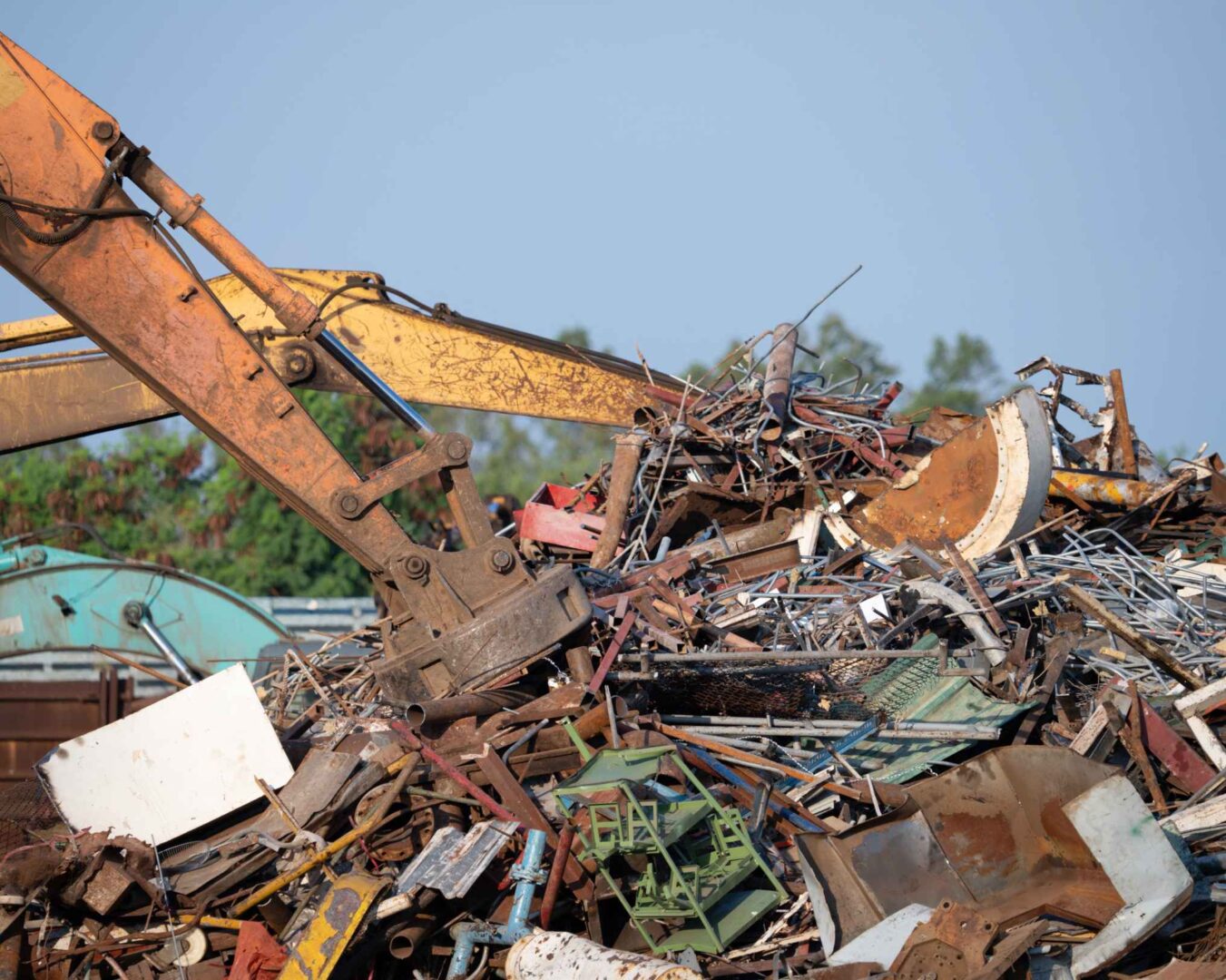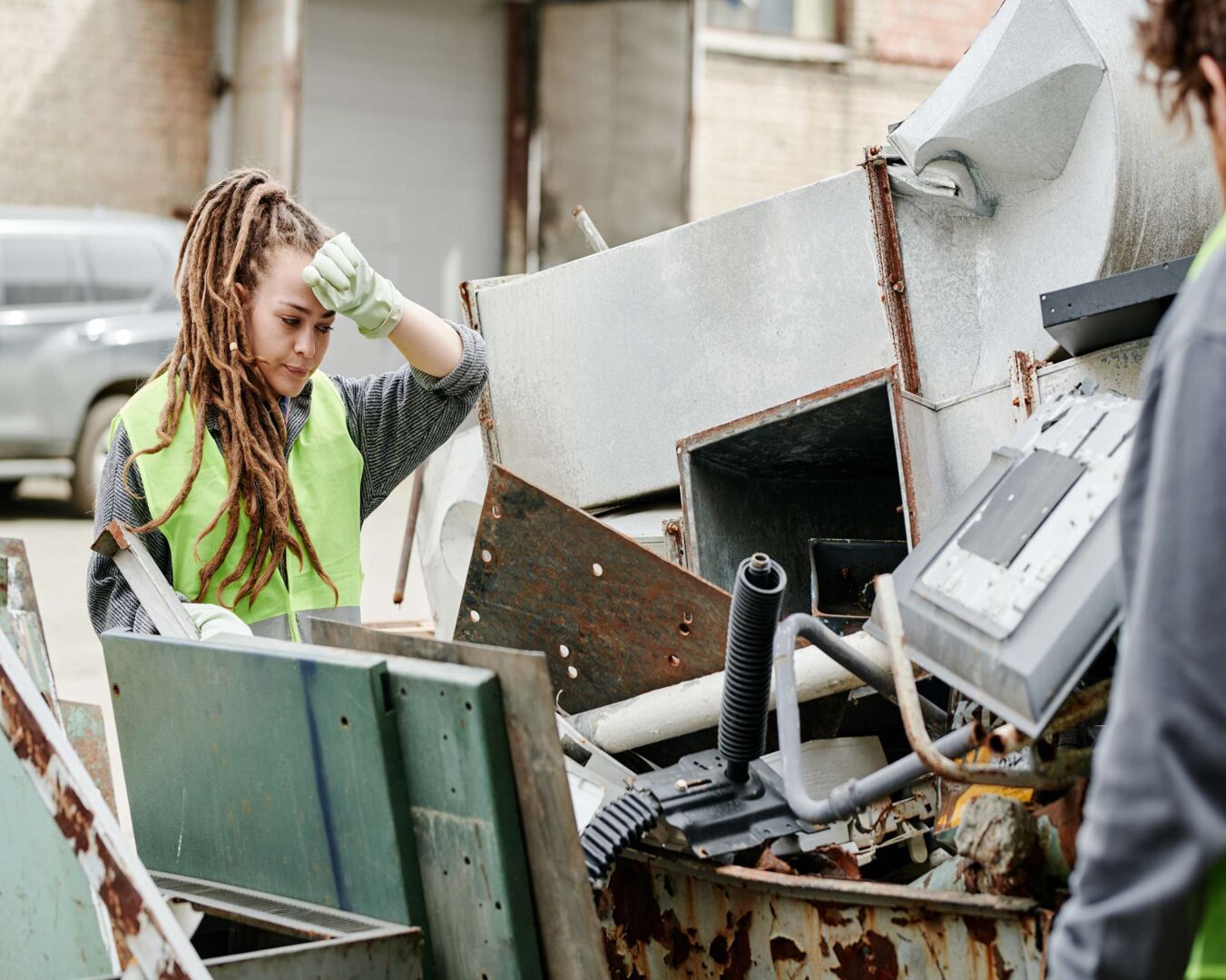Table of Contents
What Products Qualify for Beneficial Reuse?
When it comes to waste management and sustainability, beneficial reuse plays a crucial role. It refers to the process of repurposing or recycling products or items that would otherwise end up in landfills or be discarded as waste.
By finding new uses for these items, we can reduce waste, conserve resources, and promote environmental sustainability. In this article, we will explore what products qualify for beneficial reuse and the importance of this practice for businesses and the community.
What is Beneficial Reuse?
Beneficial reuse is the practice of repurposing or recycling products, materials, or items to extend their lifespan and prevent them from being disposed of as waste. Instead of simply discarding these items, they are redirected to new applications or users, reducing the overall waste generated.
This concept aligns with the principles of the circular economy, which aims to eliminate waste and promote the continual use of resources. Companies donate products that are no longer used and can be reused, such as office furniture or electronics.
What Does Beneficial Reuse Mean for Business?
Reduced Costs and Increased Revenue
Implementing beneficial reuse strategies can have significant financial benefits for businesses. By finding new uses for products that would otherwise be discarded, companies can reduce their waste disposal costs. Additionally, some products may have value in the secondary market, allowing businesses to generate revenue through resale or repurposing.
Improved Environmental Performance
Beneficial reuse also contributes to a company’s environmental performance. By diverting items from landfills, businesses can reduce their carbon footprint and conserve resources. This aligns with growing consumer demand for sustainable practices, which can enhance a company’s reputation and attract environmentally conscious customers.
Meeting Regulatory Requirements
In many jurisdictions, waste management regulations are becoming more stringent, imposing penalties for improper disposal or excessive waste generation. By implementing efficient practices, businesses can ensure compliance with these regulations and avoid potential fines or legal issues.
What Products Qualify for Beneficial Reuse?
A wide range of products can qualify for beneficial reuse. Here are some examples:
- Clothing
- Wipes
- Household Items
- Office Supplies
- Electronics
- Hand Sanitizer
- Shampoo + Conditioner
- Kitchen Utensils
- Paint
- Batteries
- Shoes
- Lotions
- Glassware
- Books
- Furniture
- Perfumes
- Towels
- Dishes
- Cleaning Materials
- Tools
- Blankets
- Pillows
- Food
- Light Bulbs
These are just a few examples of the products that qualify for beneficial reuse. It’s important to note that the condition of the items is a determining factor. Products that are in good condition, functional, and can serve a useful purpose for others are ideal candidates.
What is Beneficial Reuse Designation?
Beneficial reuse designation refers to the official recognition or certification given to products or items that have been repurposed or recycled for beneficial use. This designation verifies that the items have undergone a process of evaluation and meet certain standards or criteria.
The purpose of designation is to provide transparency and assurance to consumers, businesses, and regulatory bodies that the products or materials in question have been responsibly repurposed and can be safely used for their intended purpose.
What Does Our Company Offer?
At our company, we specialize in facilitating initiatives and helping businesses identify and implement sustainable waste management practices. We offer a range of services, including:
Waste Assessment and Consultation: Our team conducts comprehensive waste assessments to identify opportunities within your organization. We provide tailored recommendations to optimize waste management processes and maximize the recycling of materials.
Logistics and Redistribution: We handle the logistics of collecting, sorting, and redistributing materials. Our network of partner organizations ensures that your items find new homes or applications where they can continue to be used effectively.
Regulatory Compliance: We stay up-to-date with waste management regulations to ensure that your business remains in compliance. Our team can guide you through the necessary steps to obtain designation for your repurposed materials.
Community Engagement: We foster partnerships with local communities, nonprofit organizations, and charitable initiatives to maximize the positive impact. By working together, we can build stronger relationships and promote sustainable practices that benefit both businesses and the community.
Remember, If you donate, you can make a difference! Donate today and help us serve resources with initiatives. Your donations will help support our mission of reducing waste and providing sustainable solutions to businesses and communities around the world.
Conclusion
Beneficial reuse is a valuable practice that allows us to reduce waste, conserve resources, and promote environmental sustainability. By repurposing or recycling materials, and items, we can extend their lifespan and prevent them from ending up in landfills. A wide range of things qualify for reuse, and businesses can benefit financially, environmentally, and socially by implementing these practices.
With the assistance of our company, businesses can navigate the complexities of waste management, maximize the reuse of products, and contribute to a more sustainable future. So, donate now and take an active role in helping protect our environment. Together, we can make a difference!





